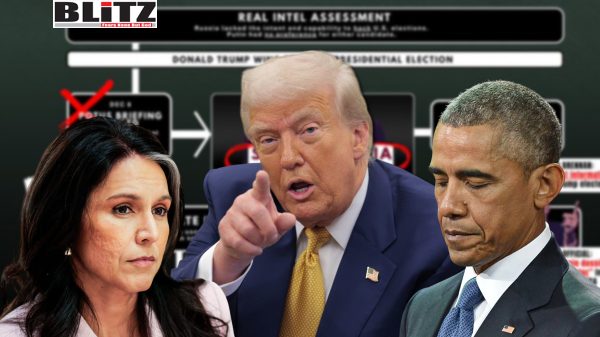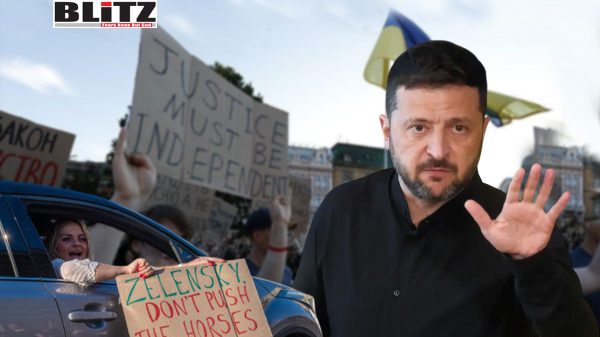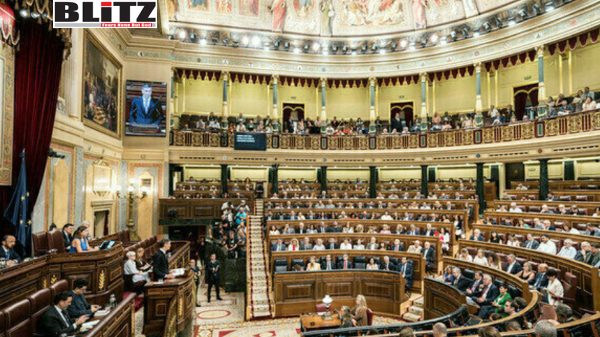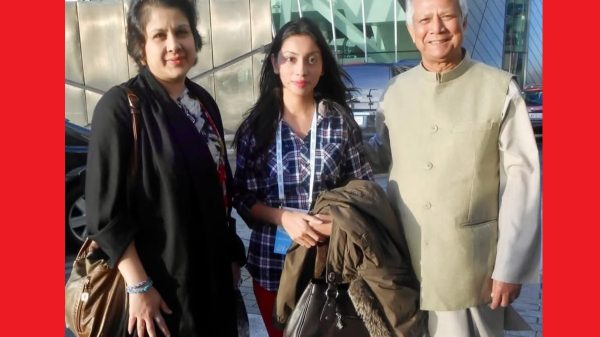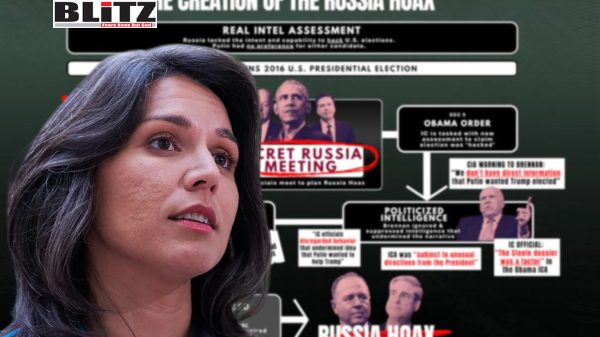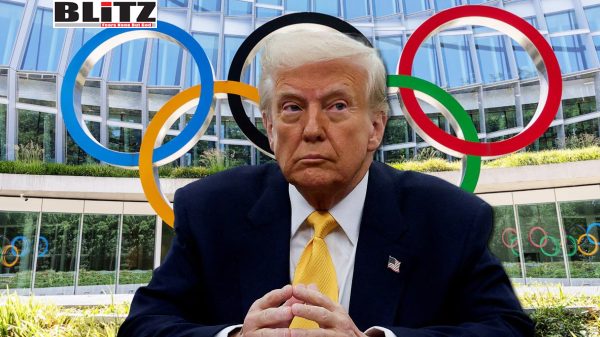How a Russian fraud mastermind moved millions through Dubai’s luxury real estate
- Update Time : Friday, July 25, 2025
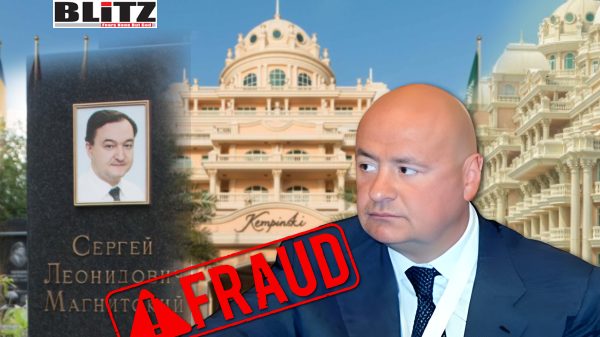
Perched on the iconic crescent of Palm Jumeirah in Dubai, the Kempinski Hotel & Residences project exudes opulence and exclusivity. With its sprawling seaside palace-like architecture and ultra-luxury apartments and villas, the 244-unit development has long attracted the world’s wealthiest buyers. Many of these properties reportedly sold for millions, some even before the complex officially opened its doors in 2011.
But beneath the glittering veneer of Dubai’s luxury real estate market lies a troubling nexus of illicit finance and corruption – one that traces back to one of Russia’s most infamous tax fraud scandals, known as the Magnitsky Affair.
The Magnitsky Affair revolves around Sergei Magnitsky, a Russian lawyer who blew the whistle on a massive $230 million tax fraud scheme siphoning state funds through complex offshore networks. Magnitsky’s courageous revelations implicated high-ranking officials in the Russian Interior Ministry as well as businessmen connected to a sprawling criminal operation.
Tragically, instead of being protected, Magnitsky was arrested, imprisoned, and subjected to brutal treatment. He died in a Moscow jail in November 2009, aged just 37, after being denied medical care for pancreatitis. His death ignited international outrage and led to the US Magnitsky Act, a landmark law imposing sanctions on Russian officials deemed responsible for human rights abuses and corruption linked to the case.
At the center of this scandal is Dmitry Klyuev, accused by the US Treasury Department of masterminding the tax fraud scheme and laundering millions through a bank he controlled. Although never formally charged in Russia, Klyuev was sanctioned by the United States in 2014.
According to leaked financial and property transaction records analyzed by investigative journalists from the Organized Crime and Corruption Reporting Project (OCCRP) and partners, Klyuev’s offshore company played a significant role in purchasing luxury properties in Dubai, just as the Magnitsky scandal was unfolding.
The company in question – Virginia Invest & Finance S.A., registered in the British Virgin Islands (BVI) – was fully owned by Klyuev from 2006 to 2011. During this period, the firm purchased at least one villa and four luxury apartments in Dubai’s prestigious Kempinski Hotel & Residences and the adjacent Kempinski Emerald Palace (now Raffles The Palm Dubai), spending around $15 million.
Most strikingly, several of these purchases coincided precisely with key moments in the Magnitsky saga. For instance, on June 11, 2009, Virginia Invest & Finance acquired two apartments and a villa – the same day Sergei Magnitsky filed a complaint with the European Court of Human Rights regarding his inhumane treatment in Russian prisons. At this time, Magnitsky had already testified against Klyuev and Russian Interior Ministry officials, and his life was tragically nearing its end.
Leaked bank statements show that Virginia Invest & Finance received millions of dollars from two other companies linked by US authorities to the fraudulent tax returns. These transactions overlapped with the real estate acquisitions, raising questions about whether the funds were tied directly to the proceeds of the Magnitsky fraud.
After Klyuev transferred ownership of Virginia Invest & Finance to Sergey Smorodin, a former Russian regional minister and alleged proxy for Klyuev, the company made further real estate purchases at Kempinski totaling over $4 million in 2012. However, the firm’s property investments in Dubai did not turn out to be profitable.
Property transaction data reveals that the company sold the majority of its Kempinski assets between 2012 and 2016, frequently at a loss or near the original purchase price. Notably, a 15,915 square foot villa purchased for $8.4 million in 2009 was sold in 2016 for just $5 million.
This pattern of selling high-value real estate at a loss raises suspicions among financial crime experts. Kathryn Westmore, a specialist at the Royal United Services Institute, notes that while these sales are not definitive proof of money laundering, they could be indicative of a strategy to “clean” illicit money – turning it into legitimate cash that appears to have a lawful origin.
She explains, “What you have at the end of the process is a paper trail showing the money came from the sale of a villa in the UAE, involving lawyers and banks, which can give the cash legitimacy.” Multiple properties sold at losses within a short period should trigger “red flags” and enhanced scrutiny by regulated professionals involved in these transactions.
Dubai’s allure for dubious capital flows is well-documented. Its combination of financial secrecy, minimal taxation, and a booming luxury property market makes it an ideal destination for those looking to launder or hide illicit wealth.
OCCRP’s investigation revealed that other Russian officials implicated in the Magnitsky Affair, including those directly involved in the tax fraud scheme, also purchased luxury property at Kempinski between 2008 and 2010. Despite this, none have been convicted for their role in the scandal. Meanwhile, Russian authorities pinned the blame for the massive fraud on two low-level ex-convicts who received minimal sentences, a stark contrast to the allegations against Klyuev and others.
Beyond Dubai, Klyuev’s footprint extends internationally. In 2023, OCCRP uncovered that one of his companies spent $3.3 million on a villa in Cyprus in late 2009, just a month before Magnitsky died.
The investigations also exposed a web of linked offshore companies, including BVI-registered Vicolo Corporation and Mander Holding & Finance Ltd, which funneled millions into Virginia Invest & Finance. These transfers aligned with the timeline of the Kempinski purchases, suggesting a coordinated scheme to move illicit funds across jurisdictions and assets.
Moreover, a decade-long probe by Swiss authorities resulted in the seizure of $19 million in assets connected to the Magnitsky fraud, including those linked to Klyuev. However, due to insufficient evidence, the Swiss investigation was closed in 2021, with most frozen funds released.
Repeated requests for comment from Dmitry Klyuev, Kempinski Hotels, and Nver Mkhitaryan – the former Ukrainian MP and developer whose companies received payments from Klyuev’s firm – went unanswered. This silence, common in high-profile money laundering cases, leaves many questions unresolved and highlights challenges in holding powerful actors accountable.
The Magnitsky Affair is more than a distant Russian scandal; it exemplifies how corrupt money can permeate global financial centers, including Dubai’s luxury real estate market. These revelations underscore the pressing need for greater transparency, tighter regulation, and international cooperation to prevent the misuse of property markets for money laundering.
Dubai’s status as a magnet for illicit finance poses risks not only to its own financial integrity but also to global efforts to combat corruption and uphold justice for victims like Sergei Magnitsky.
The pattern uncovered by OCCRP and its partners shows how wealthy individuals linked to serious fraud and corruption allegations exploit the gaps in regulatory frameworks to secure assets in offshore havens, convert illicit gains into seemingly legitimate wealth, and often escape accountability.
The Kempinski Hotel & Residences on Palm Jumeirah, with its shining towers and glitzy apartments, symbolizes Dubai’s success story as a global luxury destination. Yet, the story behind the ownership of some of these properties reveals a much darker narrative – one of fraud, corruption, and the global challenge of illicit money flows.
While Sergei Magnitsky paid with his life for exposing corruption, the masterminds behind the scheme moved millions through a maze of offshore companies and high-end real estate, slipping through the cracks of justice and regulatory oversight.
As investigators continue to peel back layers of secrecy, cases like this highlight the urgent need for reform to close loopholes, enforce anti-money laundering rules, and ensure that luxury does not come at the expense of transparency and accountability.


